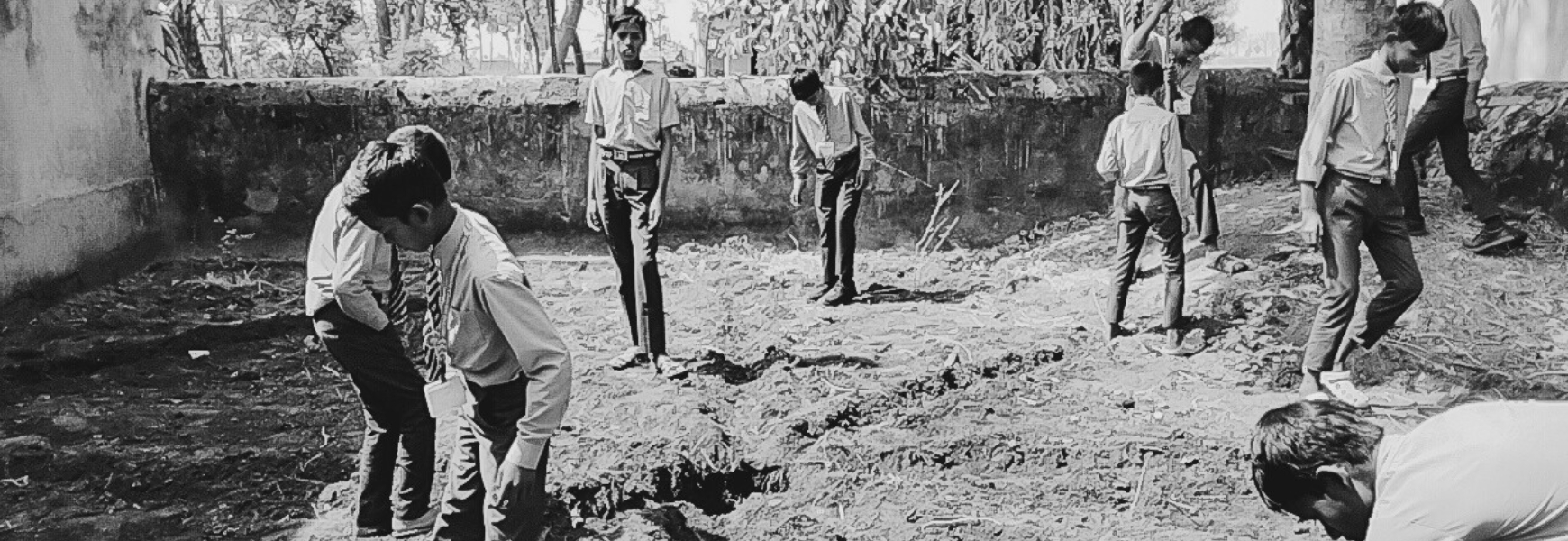How This School Kitchen Garden Is Transforming Meals and Homes in Bihar, India
At Utkramit Madhya Vidyalaya, an upper middle school in Bihar with just over 250 students, learning now stretches beyond the classroom walls. In a small garden beside the school, children crouch between rows of local vegetables, their hands dusty with soil as they water, weed, and harvest. The patch of land, once unused and barren, has transformed into a living classroom where tending the earth is becoming as much a part of children’s education as reading and math.
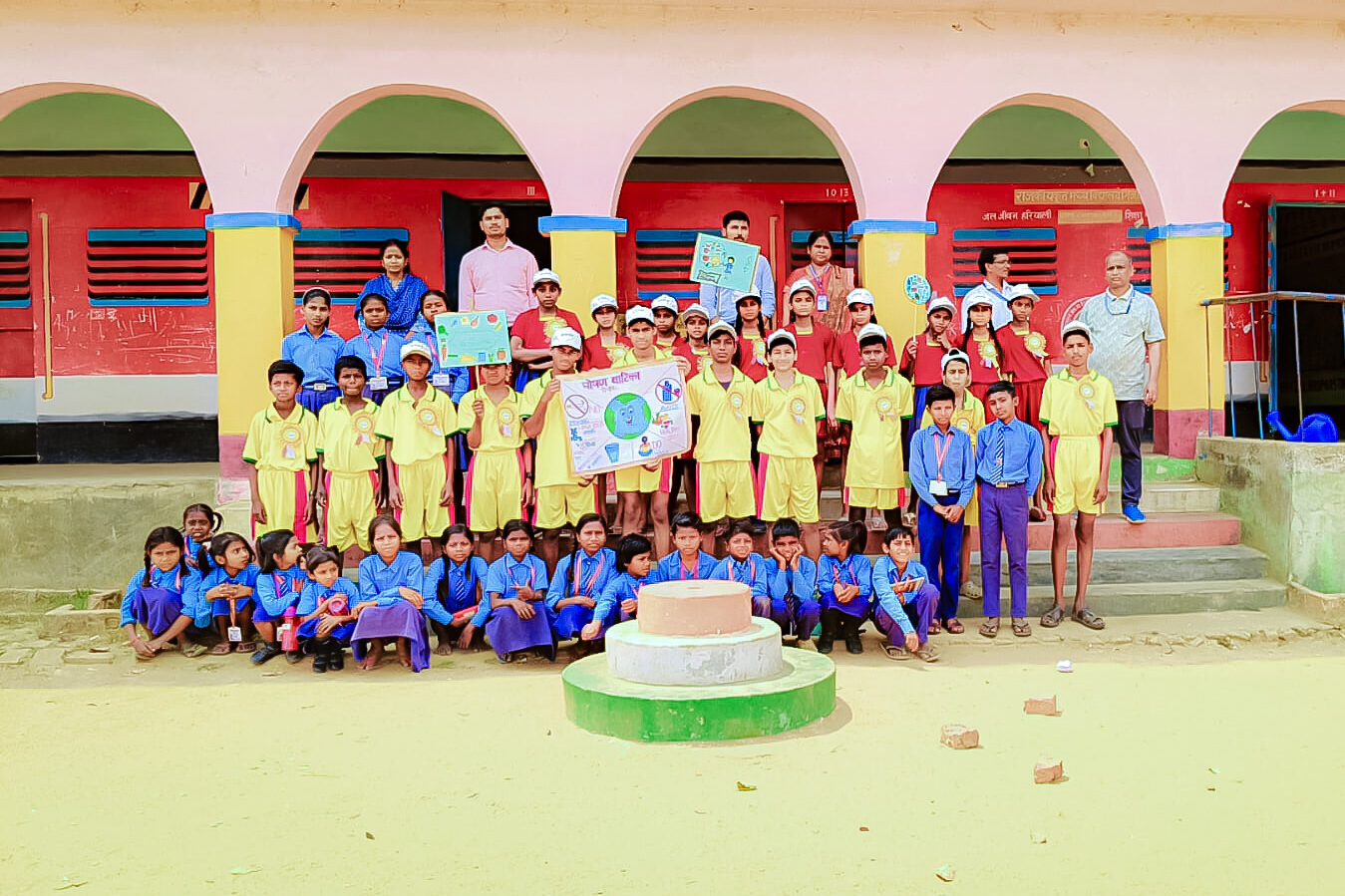
Learning by doing
The transformation began when our local partner, PRAN, worked with the school to establish a government-backed kitchen garden on campus and integrate regenerative farming practices into daily education. Teachers and students trained together with PRAN field technicians, learning to prepare natural bio-inputs like Jeevamrit, as well as how to use eco-friendly tools such as sticky traps and pheromone traps to manage pests. Each week, students follow a set schedule to care for the garden and find solutions together.
This initiative aims to help young students connect with nature and understand the importance of nutrition and natural farming. On this small patch of land, agroecological farming, biology, ecology, and nutrition converge through hands-on experiences. Students get to see firsthand how healthy soil produces healthy food and why working with nature, instead of against it, matters for their future.
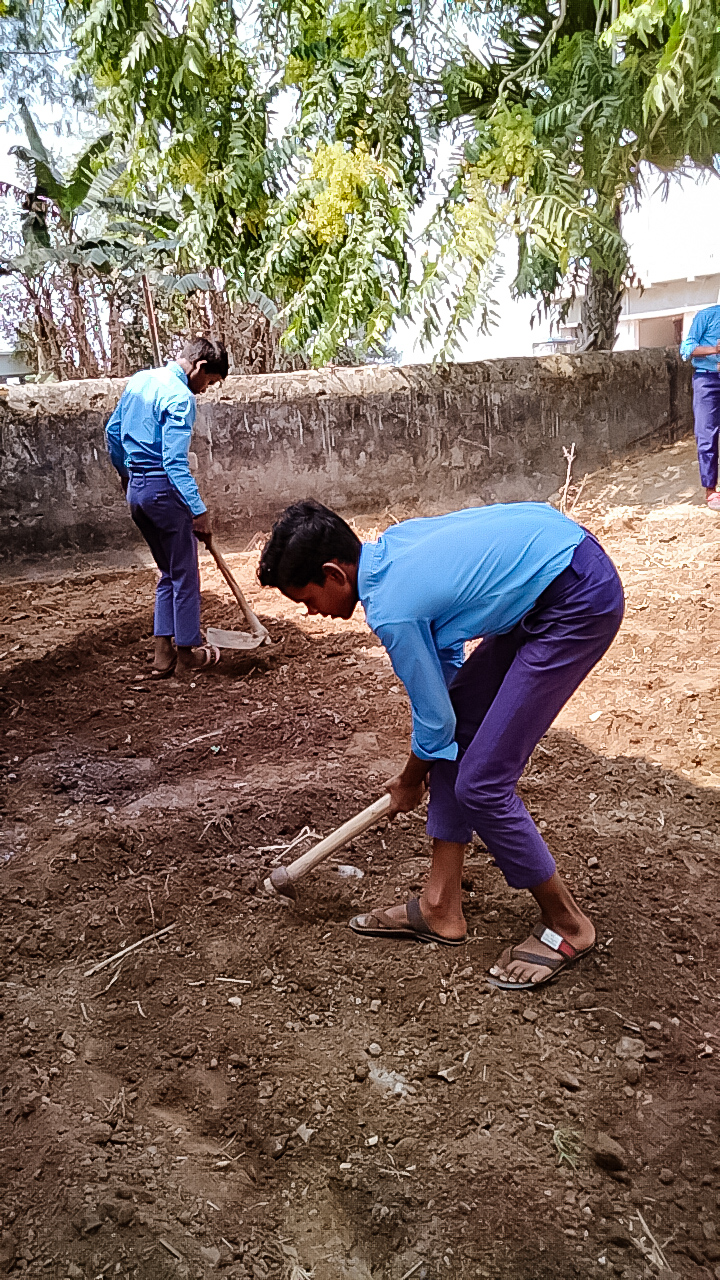
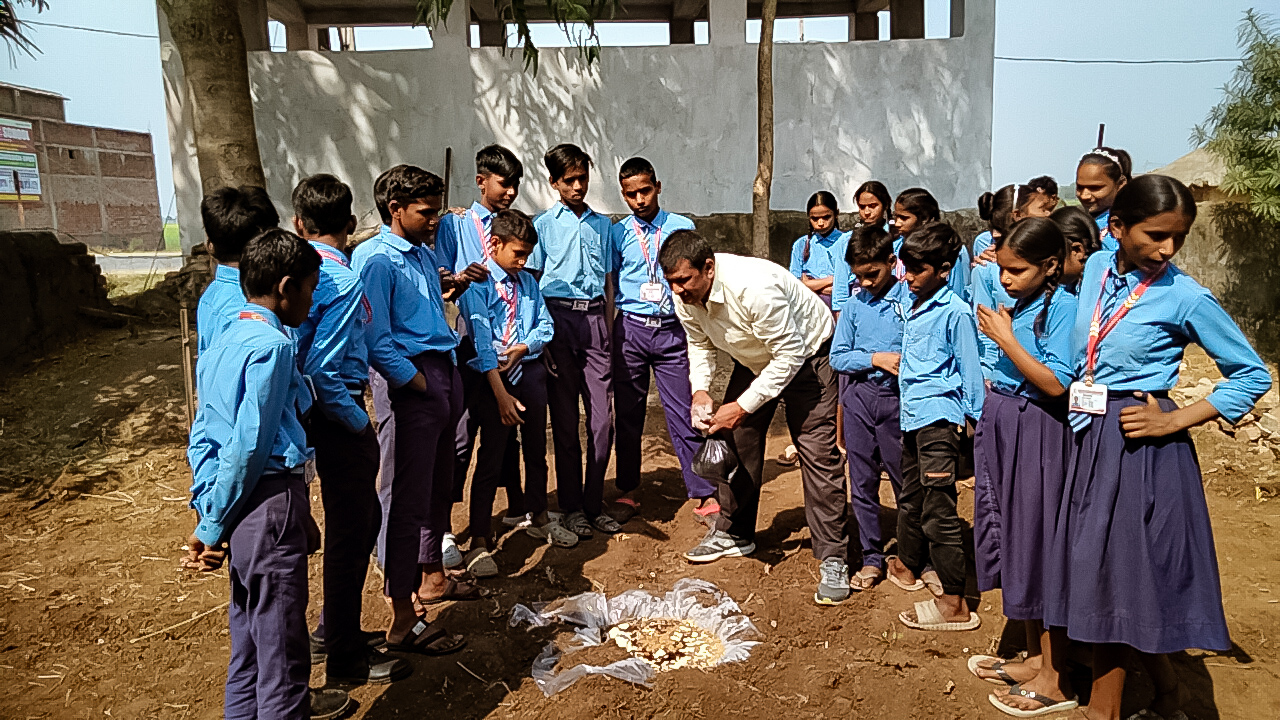
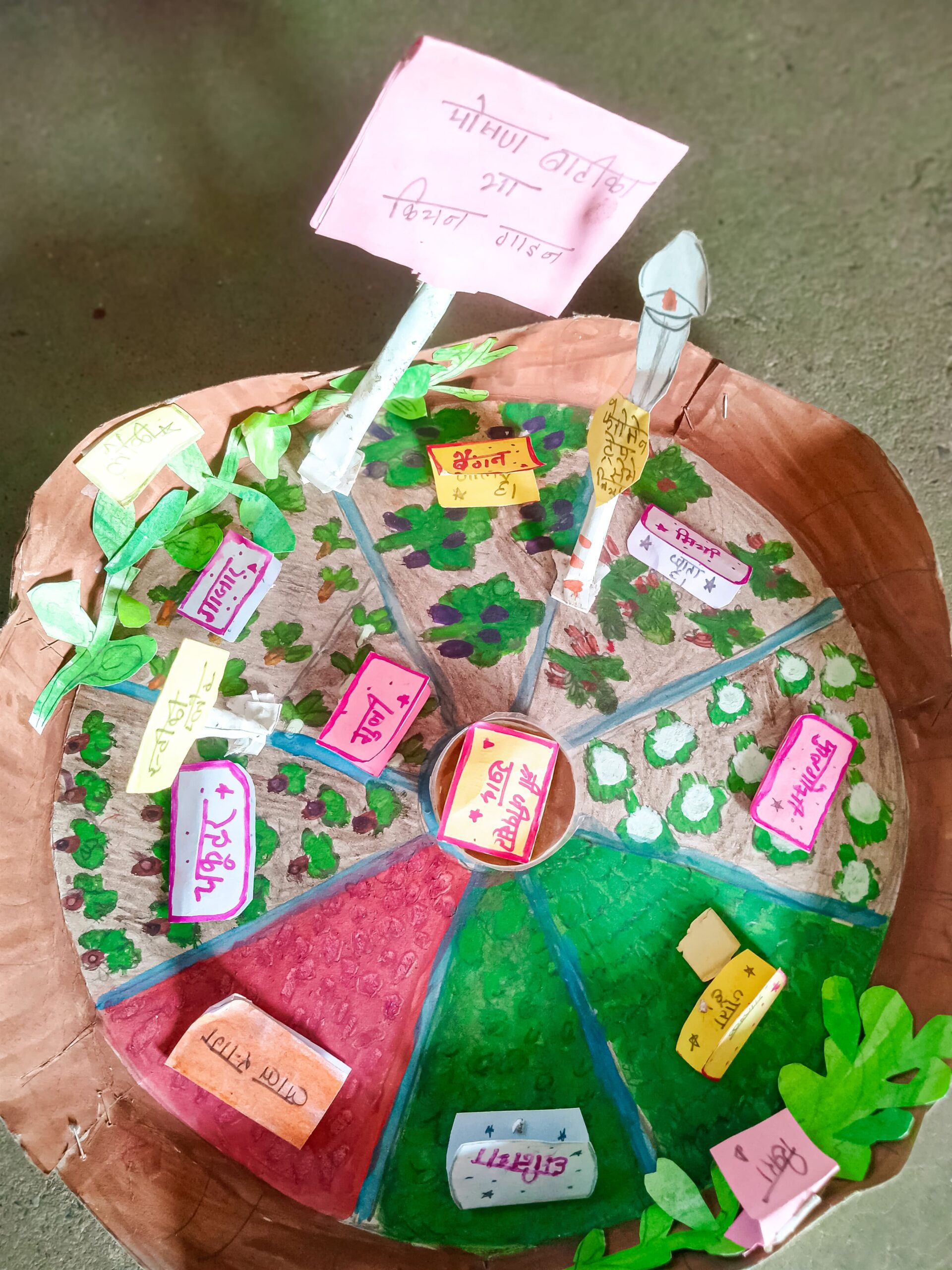
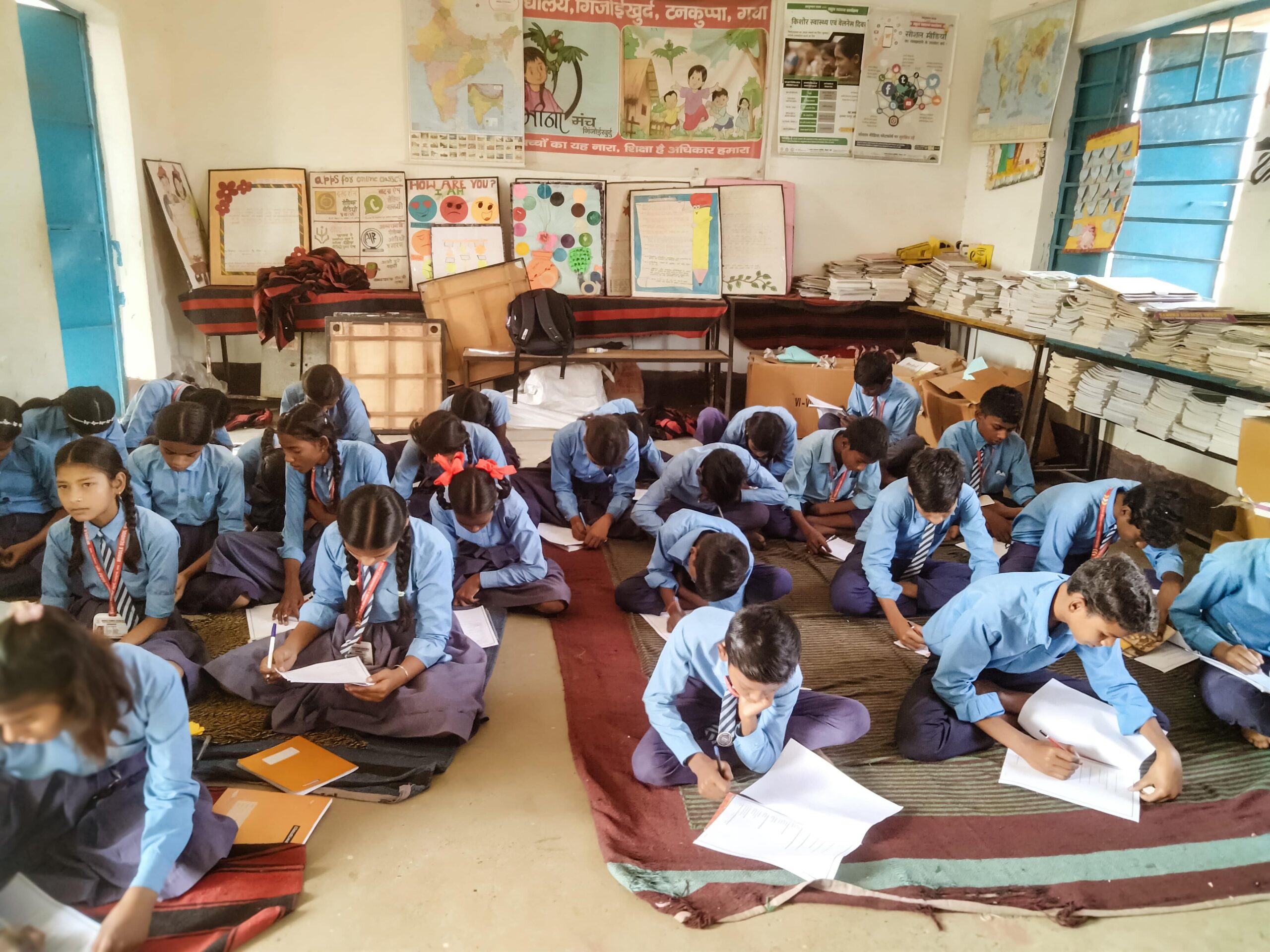
From school kitchen garden to healthy canteen meals
The vegetables grown in the school garden now supplement the Mid-Day Meal Program. The school canteen serves fresh salads and has added traditional meals to the menu, such as bhujia and sabzi, made with the garden’s produce. Children are eating food they helped grow themselves, free from harmful chemicals, and the school is saving costs by not buying everything from the market.
Taking the change home
What started at school hasn’t stayed there. Inspired by what they’ve learned, many students are helping their families start small kitchen gardens at home. Several families, once burdened by high vegetable costs, now grow their own.
One girl explained: “We couldn’t afford vegetables regularly. Now we grow our own and eat fresh salads from our courtyard.”
Another student said her family used to spend Rs. 40–50 daily on vegetables that barely lasted a day. Now they save money, eat better, and no longer worry about harmful chemicals.
The impact goes beyond nutrition and savings. By sharing what they learn with their families, these children are helping shift entire households toward healthier, more sustainable food practices.
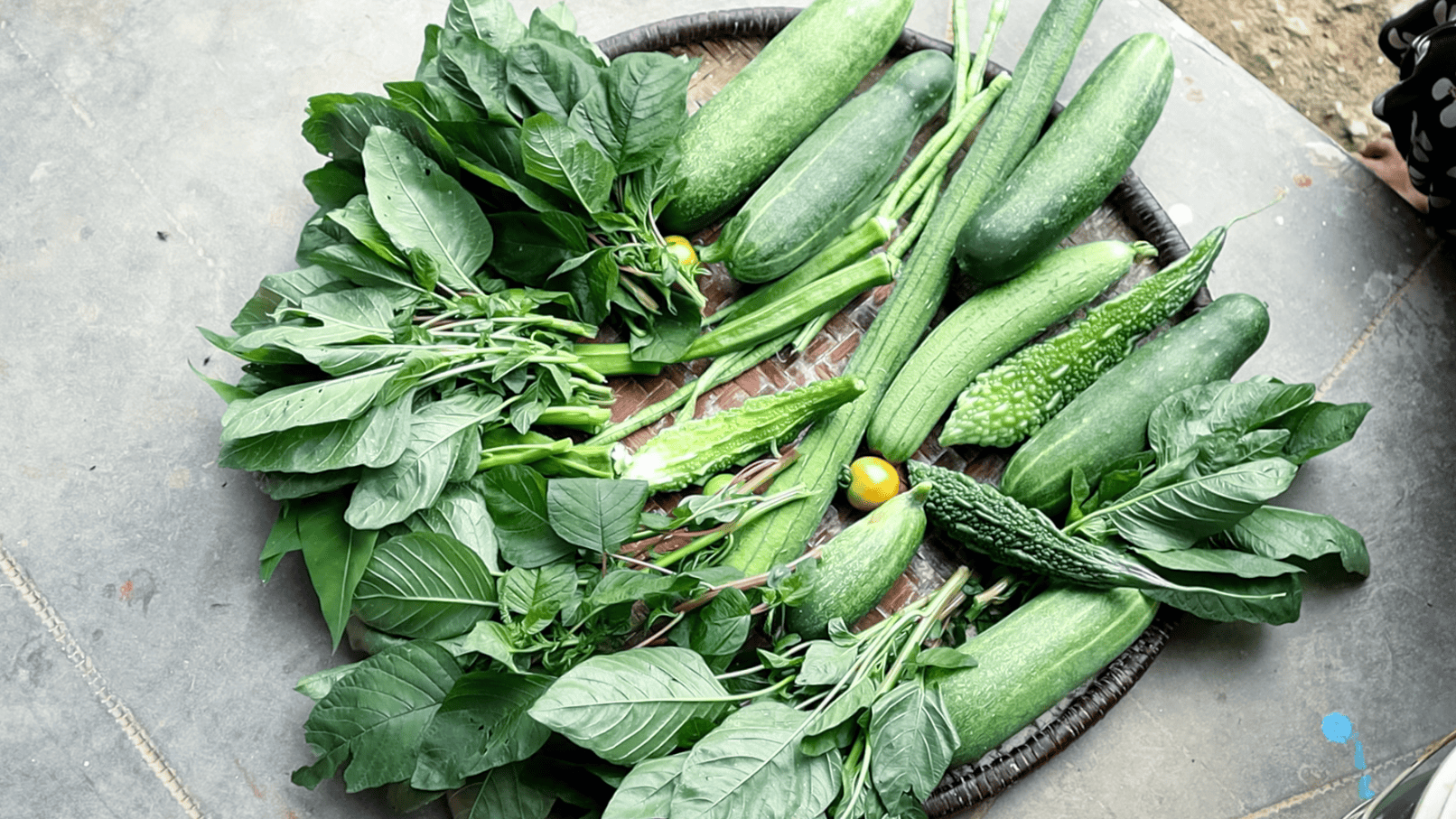
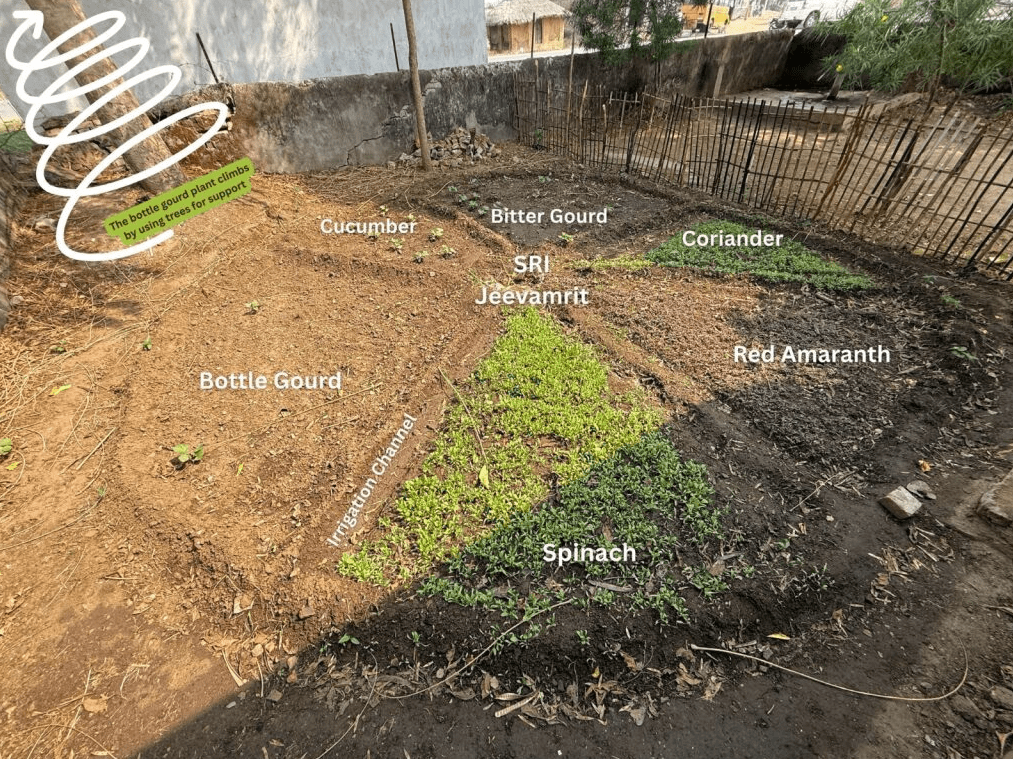
Growing the next generation of young leaders
Teachers at Utkramit Madhya Vidyalaya see a deeper meaning in this work. In rural Bihar, many young people attempt to migrate to urban areas, often seeing farming as a “last resort.” However, with this initiative, students are beginning to view farming as a skilled and dignified livelihood. By learning practical techniques early on, they gain the confidence and skills to make future farming ventures more successful.
The school kitchen garden has become a space where children discover confidence, responsibility, and the value of self-reliance. For some, it’s their first experience connecting with the land in a way that empowers them rather than limits them.
Beyond skills, the garden teaches agency. Students understand how their actions shape outcomes that benefit the whole, and give them the tools to demand better support from future government programs.
PRAN’s work with the school demonstrates how education, nutrition, and community resilience can grow together when children are actively involved in the process. Sometimes, change starts with a small garden behind a classroom, tended by tiny hands.
Invest in rural youth to spread real solutions
Your gift will equip young leaders in smallholder farming communities across the Global South with the tools, training, and confidence to drive the shift toward regenerative, equitable food systems, where their voices and solutions lead the way.

